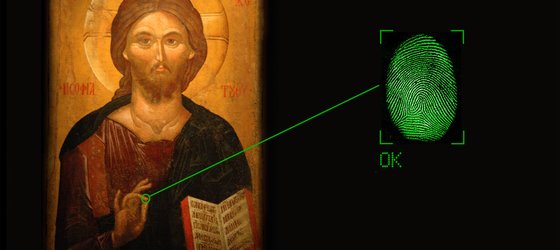Video: The New World of Health Sensors
This video is part of our Health Technology series which explores emerging and important health technologies Health sensors -- devices that can detect blood pressure and other bio readings -- have advanced tremendously in the past few years. While many are familiar with fitness devices that monitor activities such as ...

